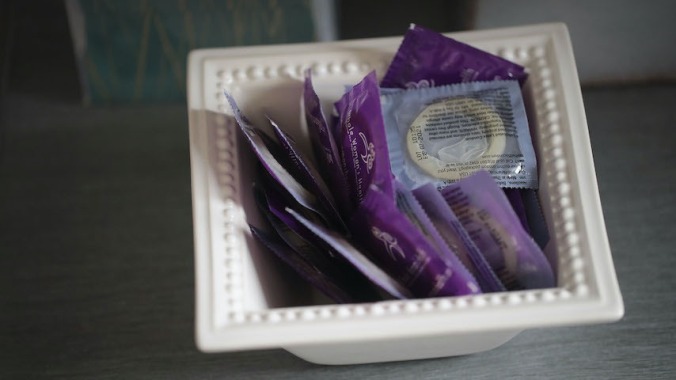Florida Is Telling Schools Not to Teach Students About Birth Control
Florida already bans most abortions, and now the state is limiting young people's ability to learn about contraception.
Photo: Scott Olson/Getty Images Politics
The Florida Department of Education recently told multiple school districts in the state to roll back their sex education lessons because, it claims, instruction on reproductive anatomy, contraception, and consent is inappropriate for adolescents and teens. The news was first reported by the Orlando Sentinel.
State law doesn’t require instruction on sexual education, but if schools choose to teach it, they must emphasize the “benefits of sexual abstinence as the expected standard and the consequences of teenage pregnancy” in grades six through 12. Districts have to submit their proposed lesson plans for review or use state-approved textbooks, and officials from the DOE recently told about a dozen districts across the state that their plans did not meet state standards—an entire year after the districts submitted their plans.
-

-

-

-

-

-

-

-

-

-

-

-

-

-

-

-

-

-

-

-

-

-

-

-

-

-

-

-

-

-

-

-

-

-

-

-

-

-

-

-








































